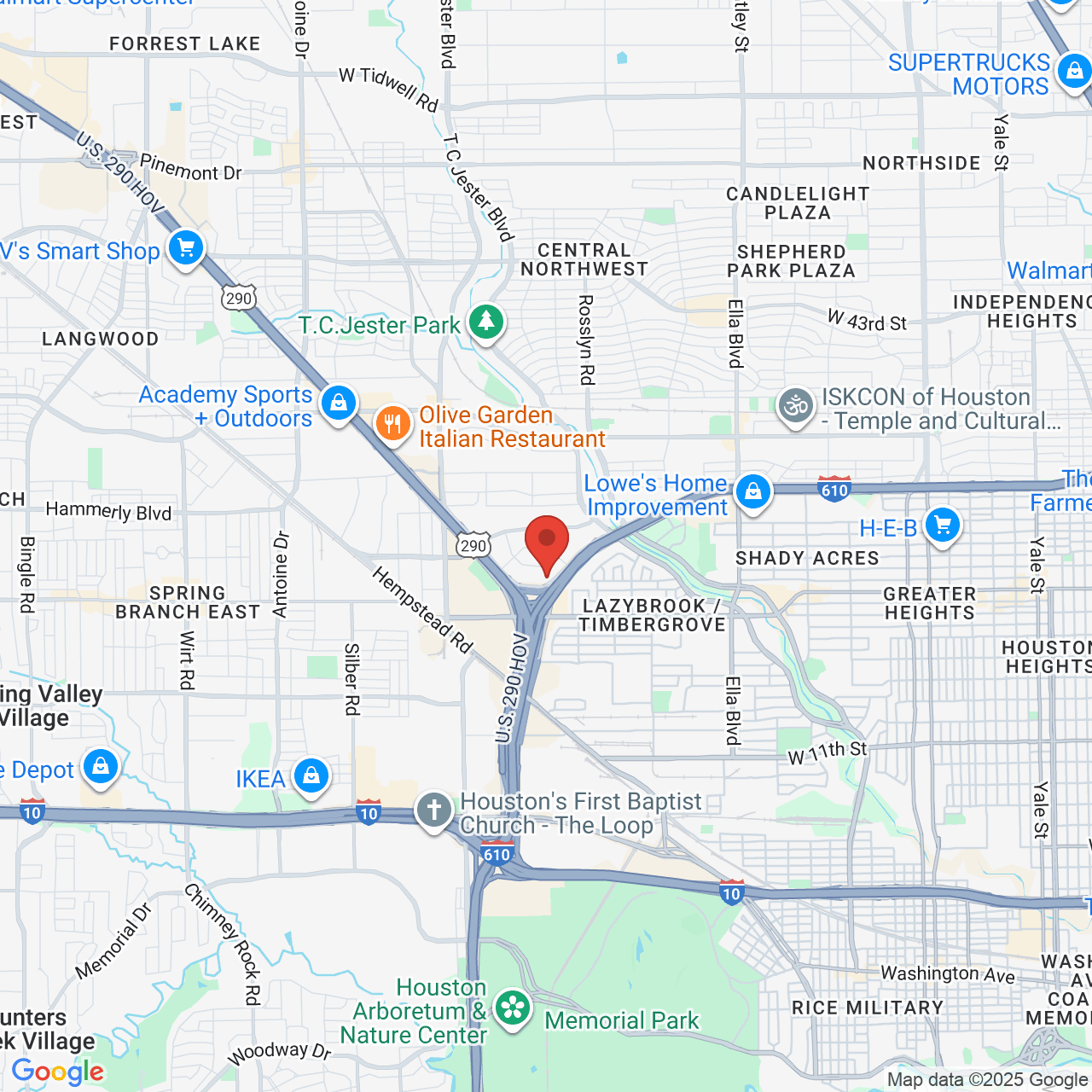Has Your Employer Told You That
You Are Exempt from Overtime?
Whether employees are exempt or non-exempt depends on the type of work they do, how they are paid, and how much they are paid. It is not determined by job titles or formal labels. Non-exempt employees in Houston, TX, must be paid overtime pay, whereas exempt employees are not eligible for overtime pay. If you believe you have been misclassified or paid improperly, the attorneys at The Buenker Law Firm can evaluate your situation to determine whether you have a claim for overtime pay.

Are You Exempt or Non-Exempt?
Employees can be classified as either exempt or non-exempt, and the proper classification of employees is important. Non-exempt employees are required to be paid both the federal minimum wage of $7.25 as well as overtime pay at one and one-half times the employee's hourly rate. Exempt employees are usually not entitled to get either overtime or the minimum wage.
Non-Exempt Employees
The majority of workers fall into this category. Non-exempt employees include most people who earn an hourly wage. If you are a non-exempt employee, your employer must pay you at least the federal minimum wage (currently $7.25 per hour in Texas and under federal law) and must pay you overtime pay at a rate of at least one and a half times your hourly pay rate for all hours worked over 40 in each workweek. It is a common misconception that salaried employees are always exempt—many salaried workers are in fact non-exempt and eligible for overtime pay. Our common misconceptions page discusses this issue further.
Exempt Employees
Exempt employees are not entitled to overtime or minimum wage pay. The lawyers at the Buenker Law Firm can help you determine whether or not you are actually exempt. There are three common exempt classifications:
- Executive
- To be considered exempt as an executive, an employee must have management authority over other employees, typically with authority to hire and fire.
- Professional
- This classification includes doctors, engineers, teachers, and professions that require specialized training or advanced degrees.
- Administrative
- The administrative exemption is the most misused and misunderstood classification. It applies to high-level office employees who have authority to make significant decisions on behalf of their employer.
There are other, less common exemptions that are sometimes hard to understand and define. For example, there are exemptions for railroad workers, truck drivers, outside sales workers, some commissioned retail and service employees, some agricultural workers, for seasonal entertainment and recreation workers, for taxi drivers, and for some seafood workers.
Whether you are exempt or non-exempt depends on the type of work you do, how you are paid, and how much you are paid.
Over the years, different lobbying groups have been able to get certain types of employees exempted from either overtime or minimum wage pay, or both. There are numerous regulations enforced and interpreted by the United States Department of Labor, as well as interpretation letters issued by the DOL through the years.
Speak with One of Our Attorneys
All of this makes employee classification a complex and confusing area of law. If you have a question about your situation or believe that you have been misclassified, get advice from one of our attorneys today by contacting us online or by phone at (713) 868-3388.

